How to harvest hibiscus seeds – expert tips to save and store seeds to grow more of your favorite plants next year
Learn how to harvest hibiscus seeds with our comprehensive guide, including tips on timing and storage
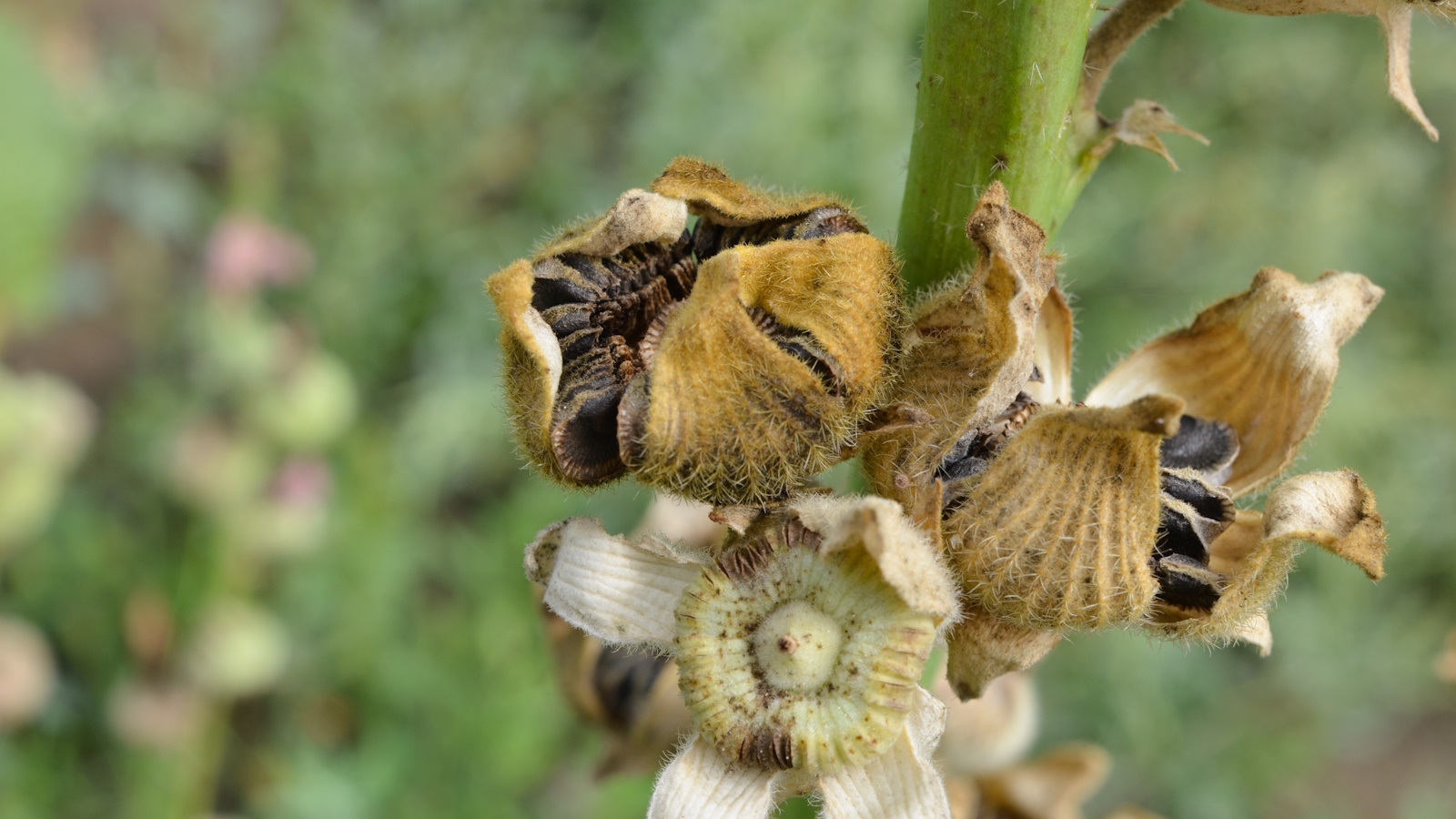

Harvesting seeds is a cost-effective and rewarding garden task, helping you to grow more of the plants you love. While it might seem daunting, collecting seeds is a very simple and straightforward activity - the trick is knowing the right time to harvest.
Hibiscus are vibrant shrubs that are prized by many a gardener. With large, tropical blooms, it is hard not to be a hibiscus fan. If you already know how to grow hibiscus, you will be aware that these shrubs are easy to care for and, as long as you are mindful of the best species for your US hardiness zone, these plants are low-maintenance and reliable.
Growing hibiscus from seed is no different and, in no time at all, your seeds will transform into stunning small shrubs. So, by saving and storing seed this year, you are bolstering your beds and borders for the future. Here, I share all the information you need to successfully harvest hibiscus seeds this summer.
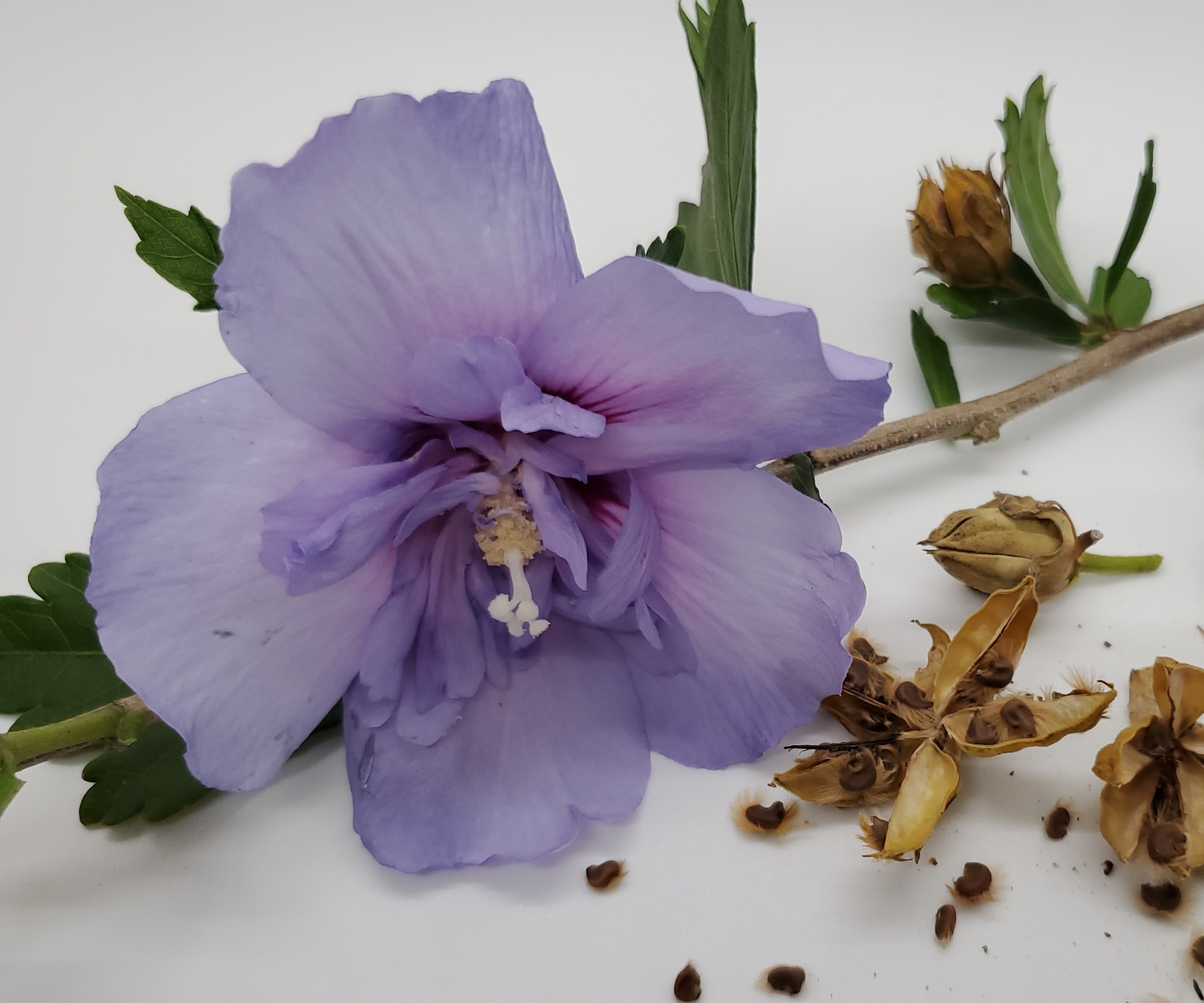
How to harvest hibiscus seeds
If you want to create more hibiscus plants, there are two options. You can either propagate hibiscus by taking cuttings, or harvest hibiscus seeds and germinate them the following year. Timing is the critical element when collecting seeds.
When to harvest hibiscus seeds
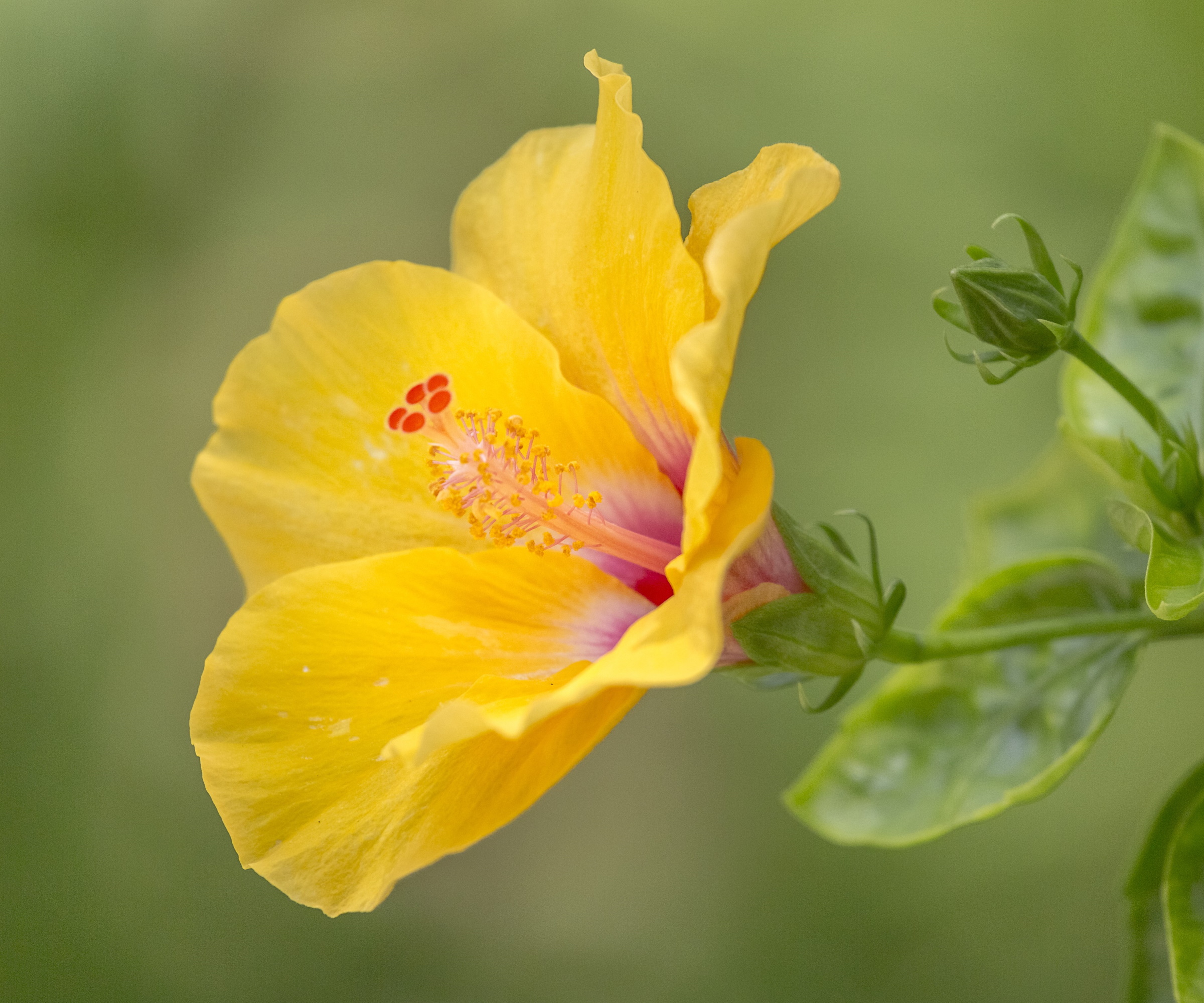
To successfully harvest hibiscus seeds, a little patience is needed. Firstly, you must leave fading blooms on the plant. While you might want to carry out some deadheading, if you remove old flowers from your shrub you will prevent the plant from producing seeds.
'Hibiscus seeds ripen throughout the year, depending on the species,' says Tatiana Anderson, plant expert and co-founder of Top Tropicals. 'Whatever variety you grow, most have distinctive seed pods that will develop once the blooms fade and the petals eventually drop.
'There is no precise time, as most hibiscus shrubs can produce seed from late spring through until fall,' Tatiana continues. 'The trick is to keep a watchful eye - your seeds will be ready when the pod turns brown, appears slightly dry, and is just about to crack open. You just need to catch the right moment and not let them jump out loose.'
As Tatiana says, timing is everything. Monitoring your seed pods as they develop is a good idea, checking on them every other day to ensure that the seed is not scattered or lost. Towards the end of the summer and at the onset of fall, there is a risk of rotting due to wet weather, so I suggest harvesting seeds earlier than this.
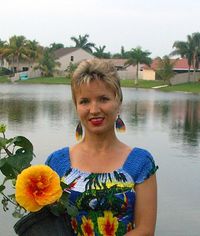
Tatiana Anderson is the co-owner and co-founder of Top Tropicals, based in Fort Myers, Florida. Top Tropicals grow and sell a whole range of flowering and fruiting tropical plants.
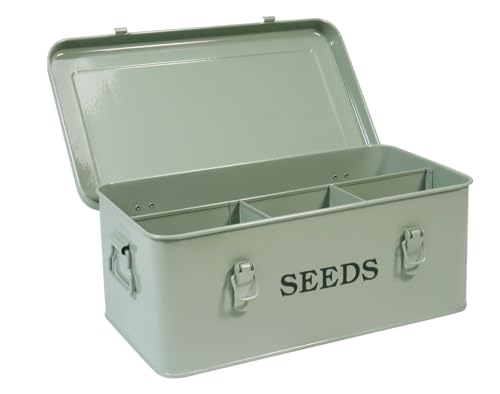
This seedbox is ideal for organized gardeners, with four spacious compartments so you can easily store, file and sort your harvested seeds.
How to harvest and store hibiscus seeds
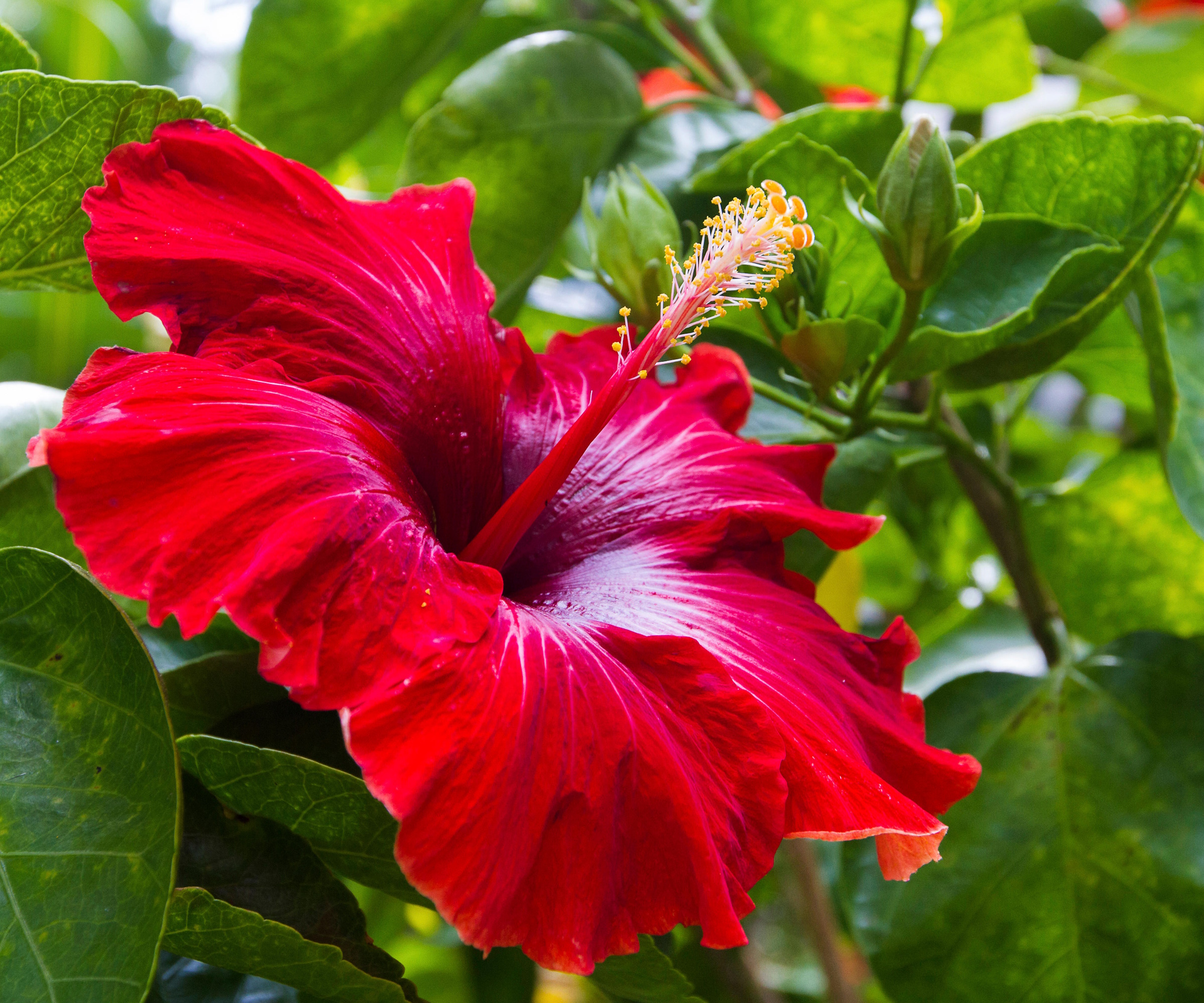
So, once your seeds are dark in color and relatively loose in their pods, it is time to harvest them. Using clean, sharp tools, such as these Felco snips from Walmart, carefully remove the pods from the plant, snipping one inch or so below the pod.
Once you have collected the seed pods in a container, such as a large bowl or garden trug, it is time to clean the seeds. I find this is best done in a sheltered room indoors, to prevent the wind from causing any difficulty.
Using a different, clean container, gently work the seed pods between your fingers, coaxing the seeds to become free from their bond. Each pod will contain many seeds, often a surprising amount. Place the clean seeds in one container, and the chaff - the seed pod and unneeded pod material - in another. Do not worry if a small amount of chaff finds its way into your collection of seeds - it will not do any harm.
The chaff can then be added to your compost heap. It is a good idea to give your seeds a few days to dry out before storing them. I would suggest spreading them thinly over a paper towel on a flat surface. Be sure to keep them in a cool, dark room. After a few days, I would then collect them in paper envelopes. Be sure to label and date them, so you remember what you have harvested and when.
Store your seed packages in a cool, dry place, where they are protected from pests. I tend to keep my harvested seeds in a smart seed container, available from Walmart, on a shelf under the stairs. The trick is to remember what you have saved.
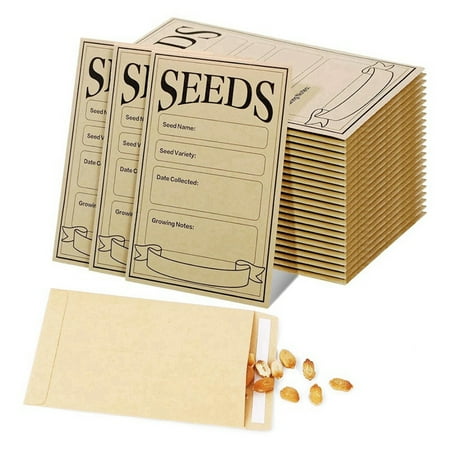
These handy seed envelopes will allow you to store seeds, with printed boxes to record relevant information such as name and date.
FAQs
How long do hibiscus seeds keep for?
If you have correctly harvested, dried, and stored your hibiscus seeds, they can remain viable for several years. I recommend using them within two years for the best chances of success, but I have known very old seeds to germinate and grow into healthy young plants.
Learning how to harvest hibiscus seeds is a fun and free way to grow more of the plants you love. Why not also consider collecting seeds from other flowering plants, such as zinnias, cosmos or calendula? For more inspiration and advice, see our guide on how to harvest marigold seeds.
Sign up to the Homes & Gardens newsletter
Design expertise in your inbox – from inspiring decorating ideas and beautiful celebrity homes to practical gardening advice and shopping round-ups.

Thomas is a Content Editor within the Gardens Team at Homes and Gardens. He has worked as a professional gardener for both public spaces and private estates, specializing in productive gardening, growing food and flowers. Trained in Horticulture at the Garden Museum, he has written on gardening and garden history for various publications, including The English Garden, Gardens Illustrated, Hortus, The London Gardener and Bloom. He has co-authored a Lonely Planet travel book, The Tree Atlas, due out in 2024.
-
 Barbra Streisand spotted a 'little miracle' on her garden's rose bush – landscaping experts say you can grow her 'joyful' flowers on a smaller scale
Barbra Streisand spotted a 'little miracle' on her garden's rose bush – landscaping experts say you can grow her 'joyful' flowers on a smaller scaleThe singer's rose bushes are among the most abundant and beautiful we've seen this year – with the right advice, you can follow her example
By Megan Slack
-
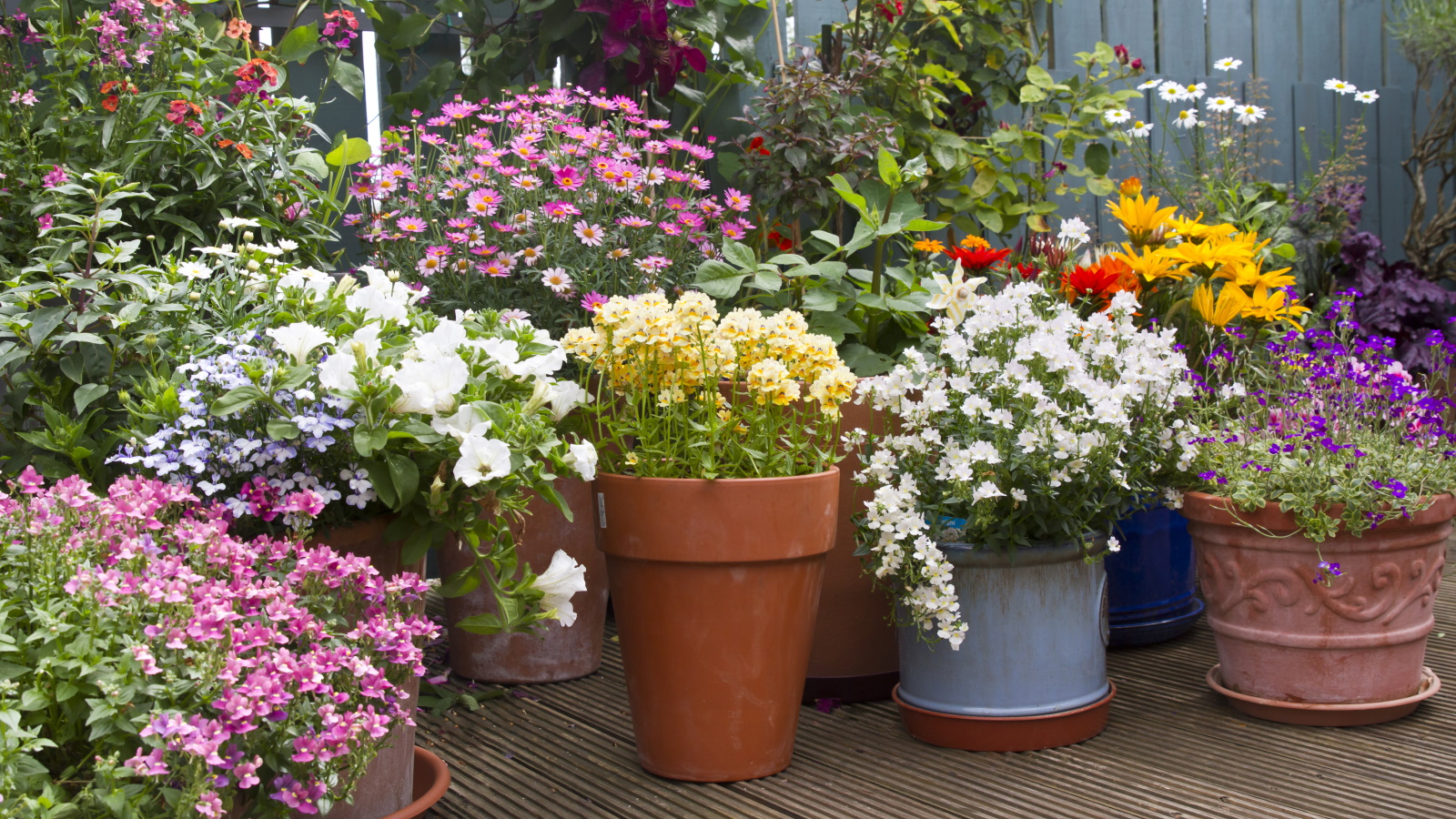 ALDI just restocked their smart-looking $4.99 self-watering planters for small container gardens, and it's the ideal solution for plant serial killers
ALDI just restocked their smart-looking $4.99 self-watering planters for small container gardens, and it's the ideal solution for plant serial killersThese highly-rated planters are perfect if you are time-poor, a novice gardener, or a frequent short-haul traveler
By Jennifer Ebert
-
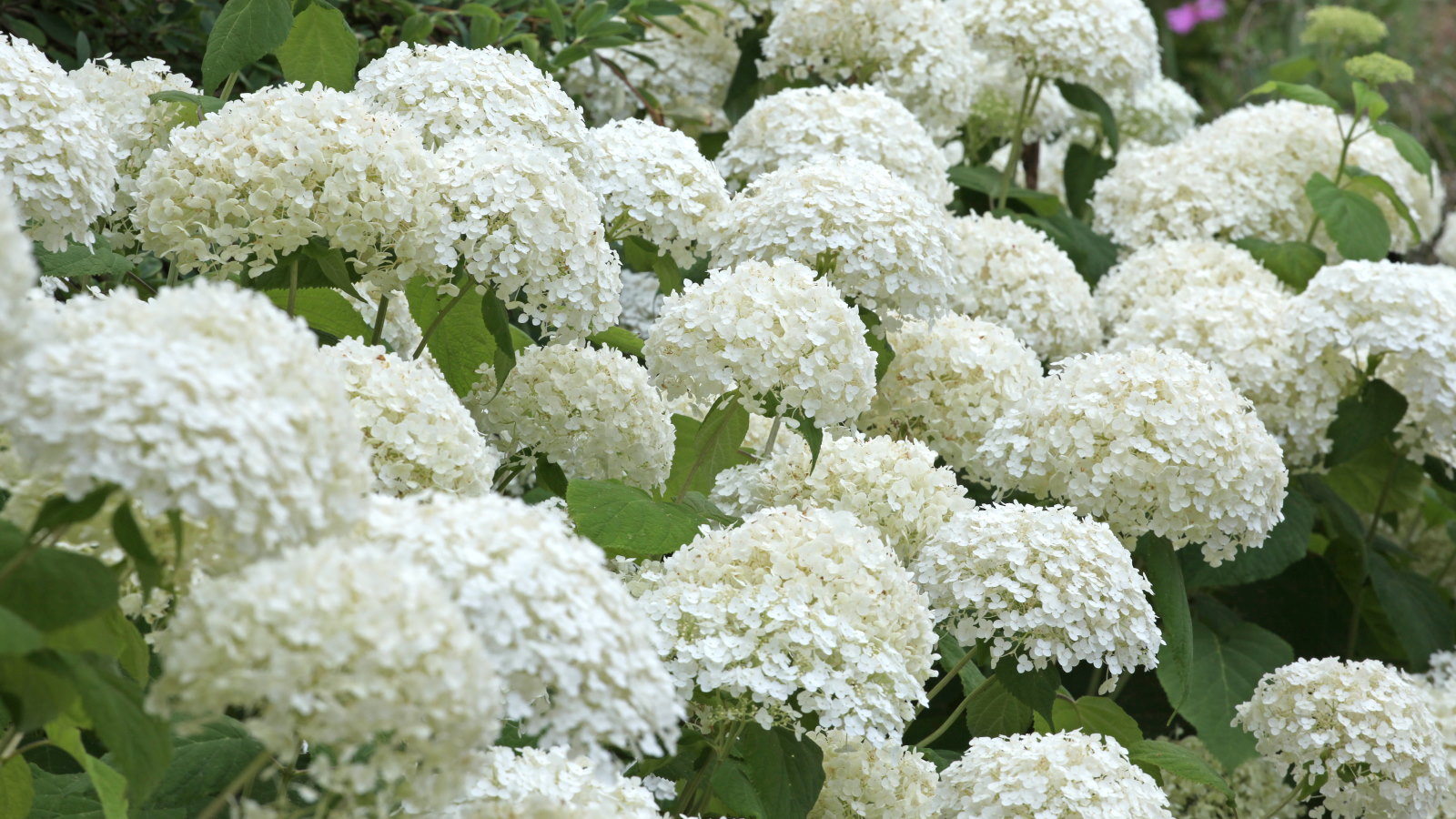 Your hydrangeas will flourish with bigger blooms and healthier growth thanks to this natural material
Your hydrangeas will flourish with bigger blooms and healthier growth thanks to this natural materialDiscover why you should be using leaf mold to mulch hydrangeas
By Drew Swainston
-
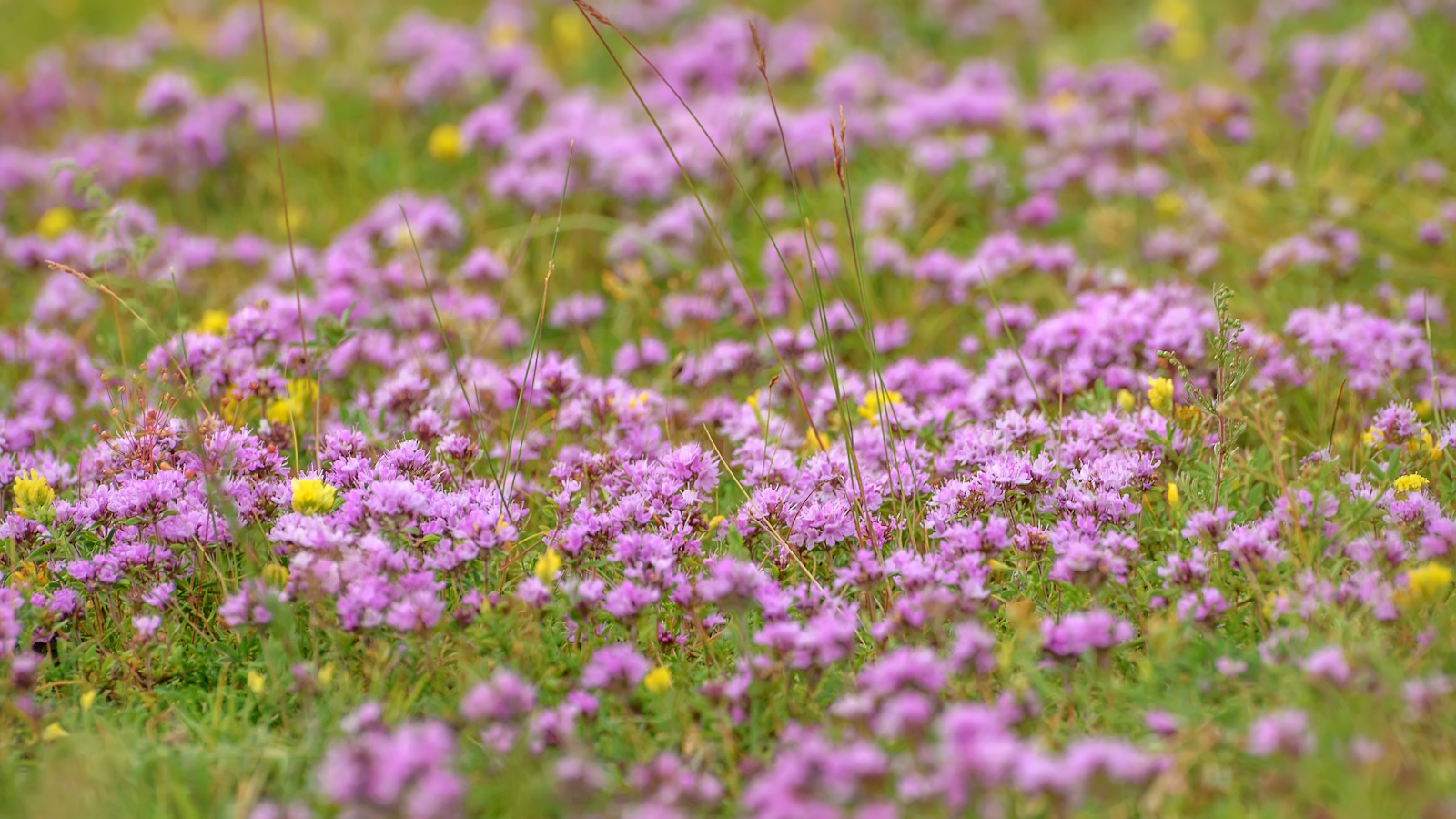 5 fast-growing tiny flowers – expert recommendations to fill your pots and borders with color in record time
5 fast-growing tiny flowers – expert recommendations to fill your pots and borders with color in record timeThese fast-growing tiny flowers prove that miniature can also be marvelous
By Thomas Rutter
-
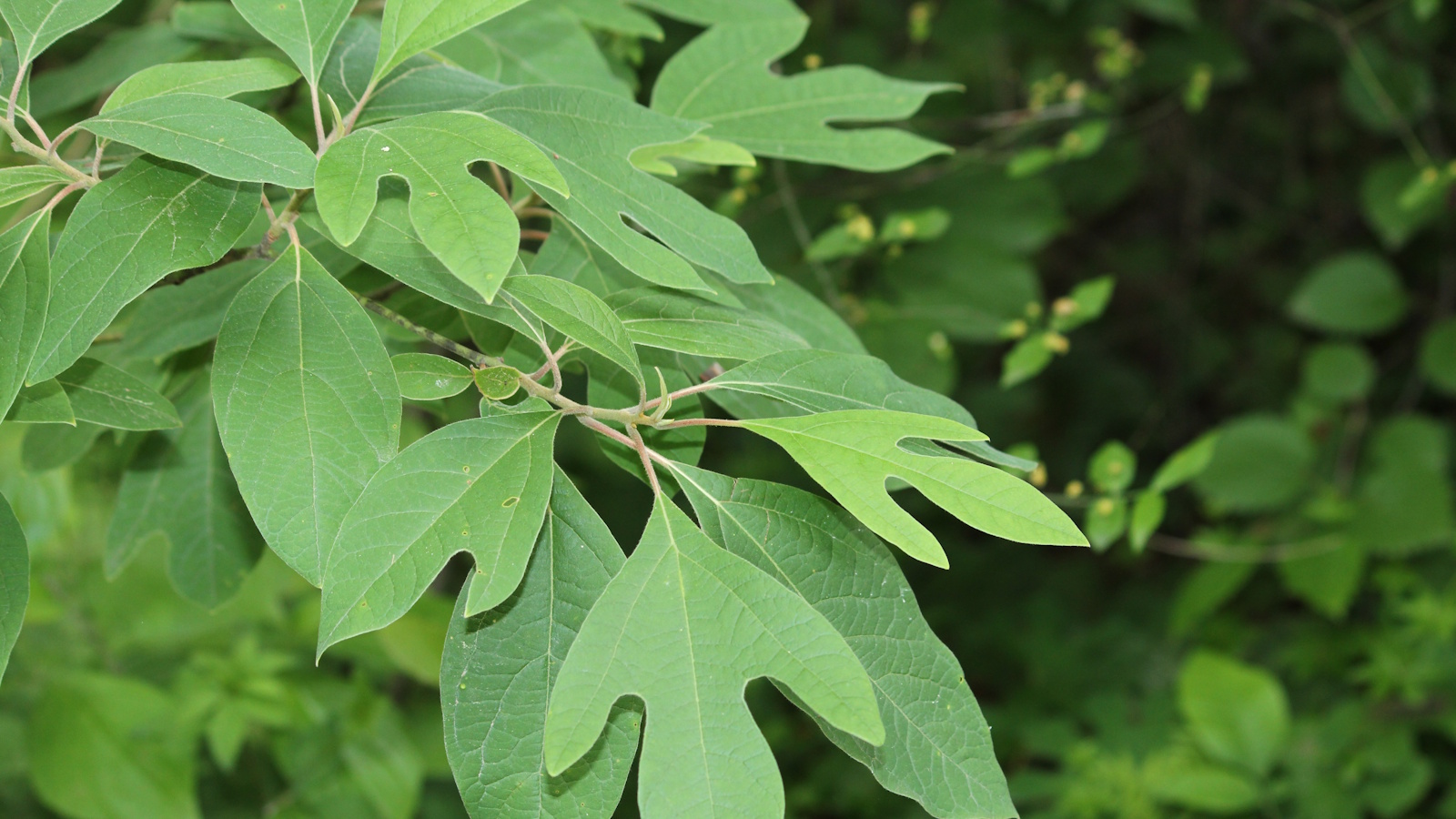 How to grow sassafras – for a low-maintenance native tree that can even be planted in shady yards
How to grow sassafras – for a low-maintenance native tree that can even be planted in shady yardsFor an easy-to-grow North American tree, you will not find much better than sassafras
By Thomas Rutter
-
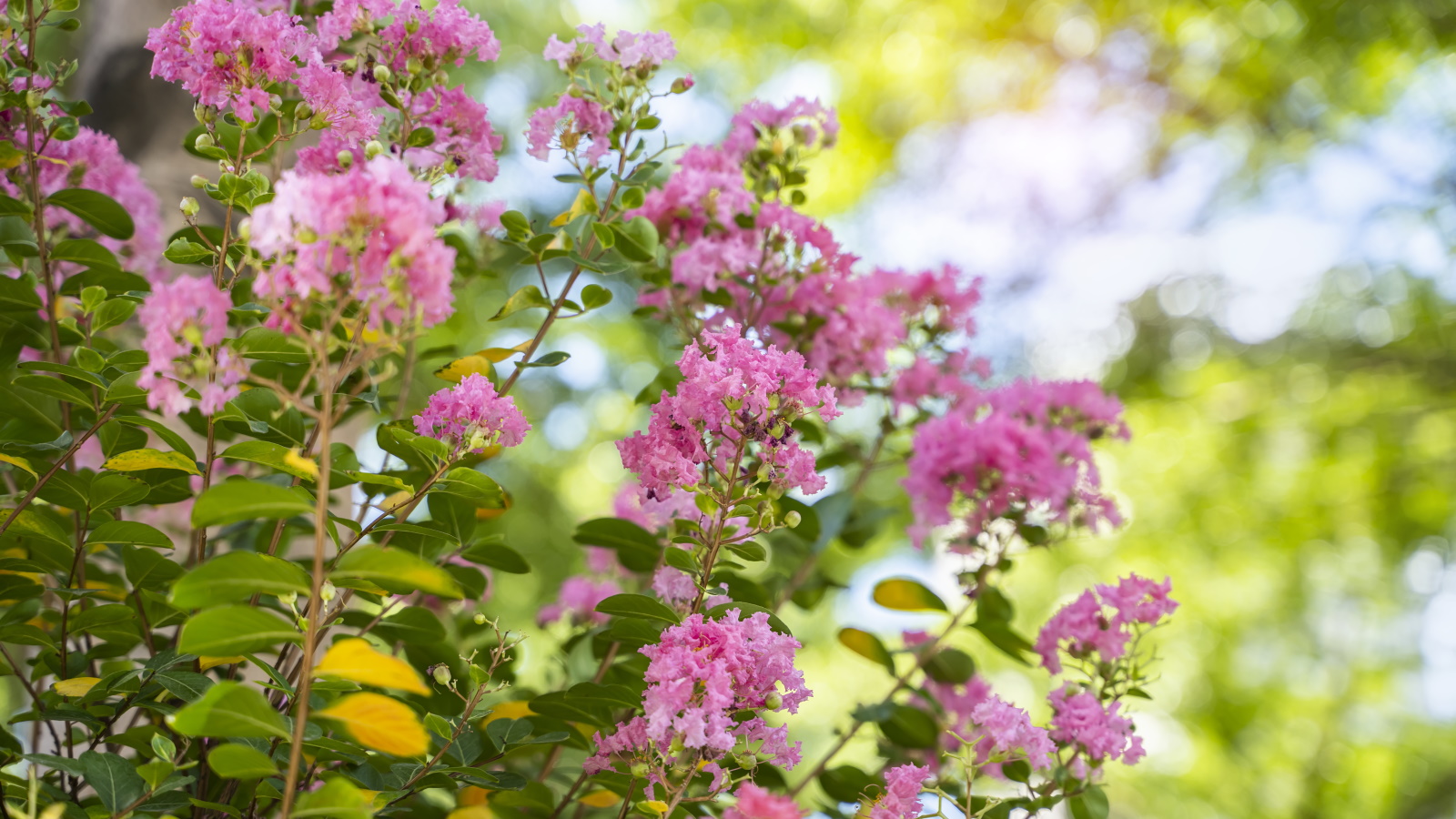 How to grow crepe myrtle in pots – and transform even the smallest of yards with dazzling flowers this summer
How to grow crepe myrtle in pots – and transform even the smallest of yards with dazzling flowers this summerGrowing crepe myrtles in pots will inject splashes of brilliant color into your outside space
By Thomas Rutter
-
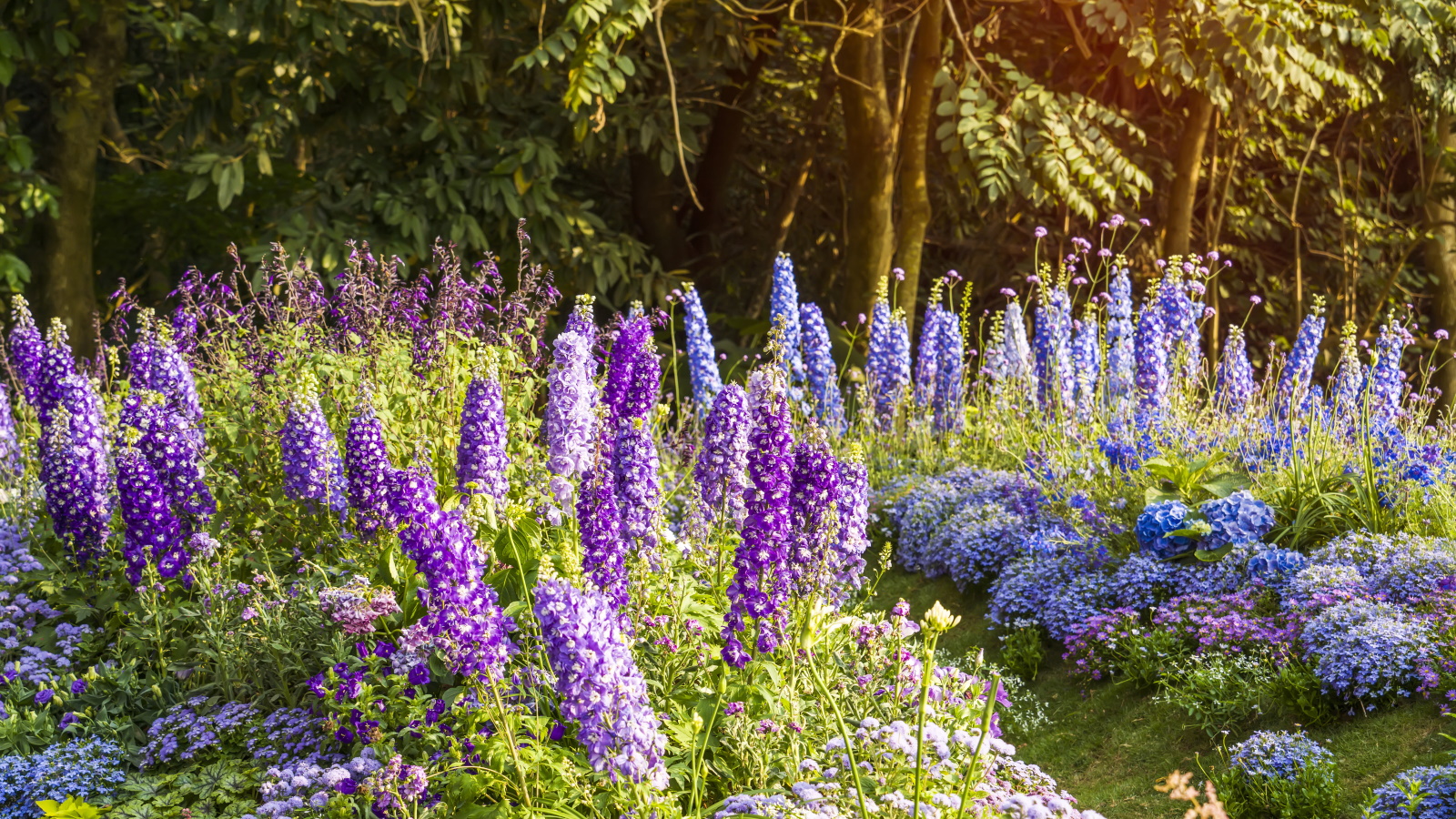 Best types of delphiniums – 14 stunning varieties for vibrant flower spikes in your yard
Best types of delphiniums – 14 stunning varieties for vibrant flower spikes in your yardPlants Here are our top types of delphiniums for brightening summer borders
By Holly Crossley
-
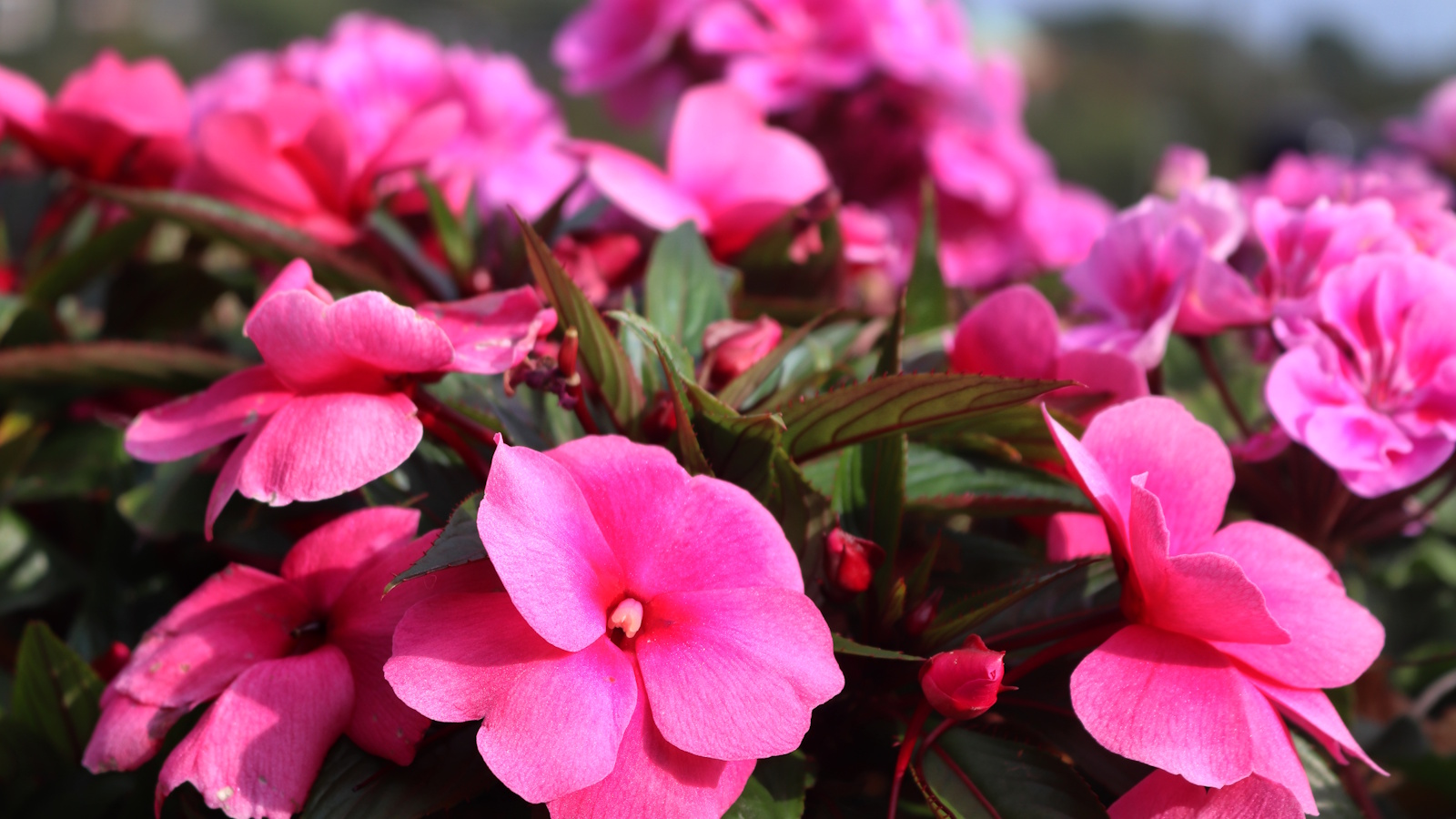 How to grow impatiens – garden experts reveal the secrets to growing this shade-tolerant, sparkling summer plant
How to grow impatiens – garden experts reveal the secrets to growing this shade-tolerant, sparkling summer plantBoth 'Busy Lizzie' and 'New Guinea' impatiens can thrive in shady yards
By Ellen Wells
-
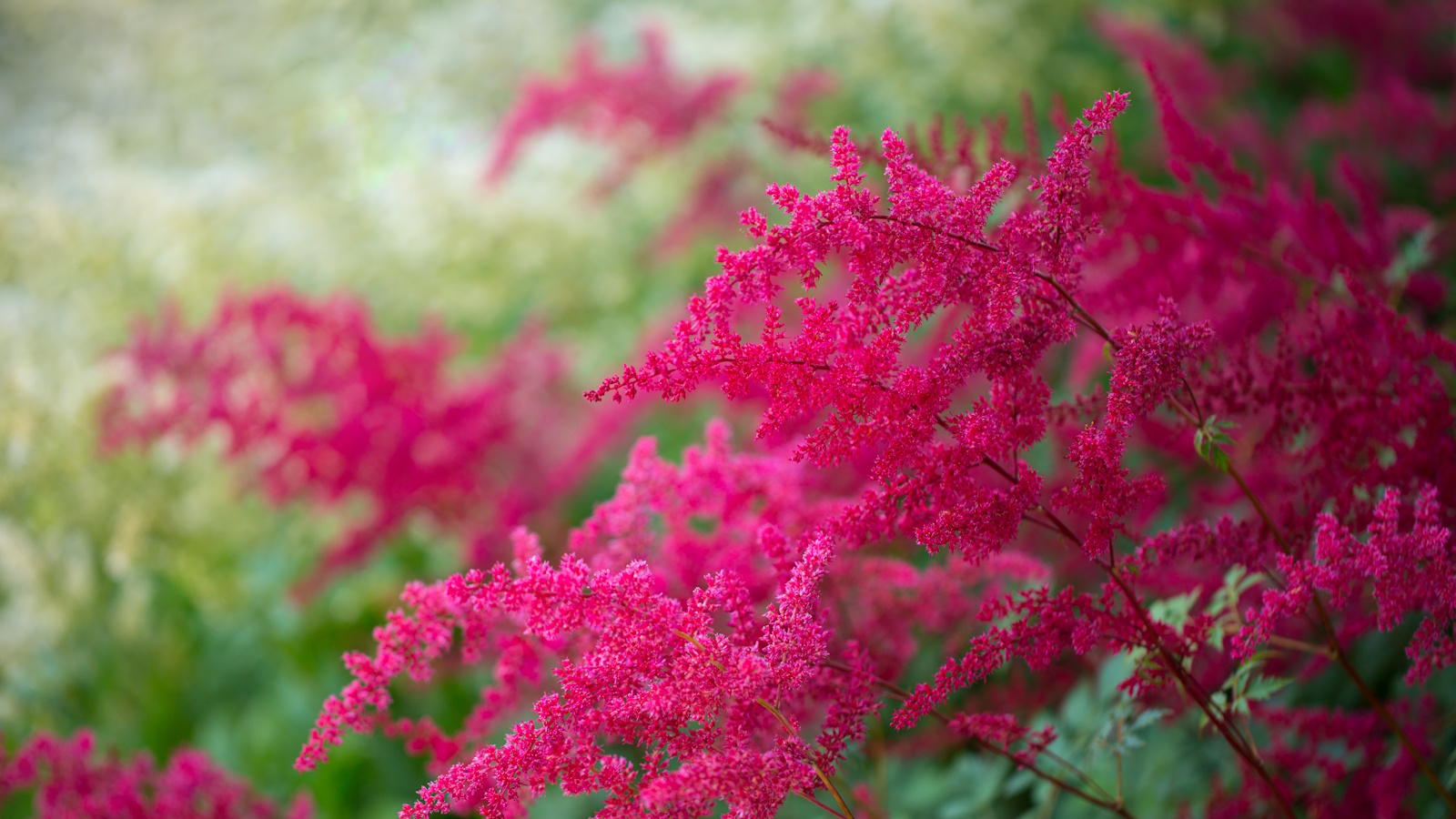 How to grow astilbe – expert advice on cultivating this shade-tolerant flowering perennial
How to grow astilbe – expert advice on cultivating this shade-tolerant flowering perennialShade-tolerant and pest-resistant - astilbe are hardy and tough perennials that can thrive in many settings
By Ellen Wells
-
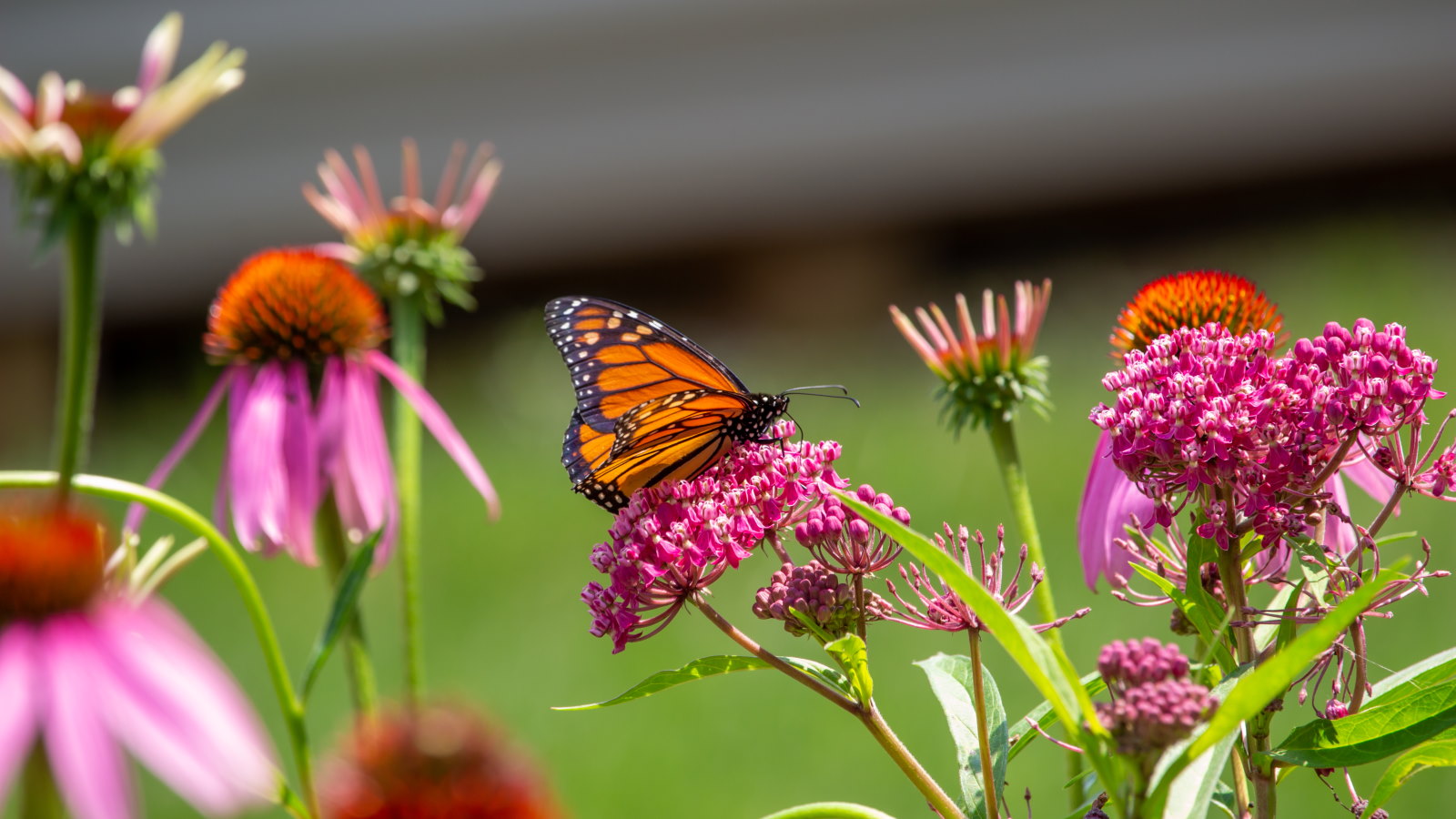 7 native perennials to plant in April – for glorious flowering displays to attract bees, butterflies, and hummingbirds
7 native perennials to plant in April – for glorious flowering displays to attract bees, butterflies, and hummingbirdsDiscover some of the best perennials to plant in April to make your garden a hotspot for wildlife
By Drew Swainston